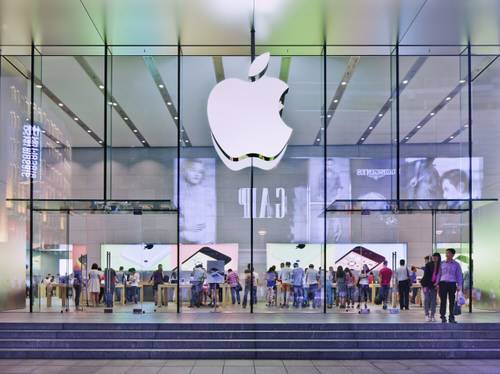
Lurking behind Apple’s dazzling October-December iPhone sales (74.5 million units, up 46% against a year earlier) and financial results (a 30% jump in revenue to $75.6 billion, a 38% jump in net income to $18 billion) was some almost unremarked bad news. Namely, that the iPad is still tanking.
Apple sold just over 21 million iPads during the holiday quarter, a drop of 5 million units compared to the same quarter a year earlier. The once iconic tablet also posted its first full calendar year of decline; Apple sold just 63 million iPads in 2014, the lowest number since the tablet’s launch in 2011 and a 14.6% fall compared to 2013.
See also: How The iPad Stalled And Android Took Over The Tablet Market
Overall tablet sales have slowed dramatically over the past year, but the iPad is faring much worse than the overall market. In November, the research firm IDC predicted that 2014 tablet shipments would rise by 7.2% compared to 2013, but that iPad shipments would fall by 12.7%.
We now know that the iPad did even worse than that, although IDC hasn’t released final 2014 figures yet. For comparison, IDC predicted 16% growth in Android tablet shipments and a 67% rise (from a low base) for Windows tablets.
The Apple Rebuttal
As always, Apple CEO Tim Cook remained upbeat about the iPad despite the poor sales numbers, insisting that he felt it was a product that should be looked at “over the long arc of time” rather than in quarterly segments.
“I see that the first time buyer rates are very high,” he said during the company’s earnings call with analysts. “If you look in developed markets like the U.S., Japan, (and) the U.K., you’d find that 50 percent of people are buying iPad for the first time. In China, it’s over 70 percent. When you have that kind of first time buyer rate, you don’t have a saturated market.”
Cook also theorized that the lifespan of the iPad was playing a part in the decline in sales. “The upgrade cycle is longer, somewhere between an iPhone and a PC,” he said. “There’s probably some level of cannibalization that’s going on, with Mac on one side and iPhone on the other. It’s very hard to tell in the early going.”
According to Apple, the record-setting financial numbers were due to all-time highs in iPhone, Mac, and App Store sales. Sales numbers were up in China, where Apple established two more retail stores in the last quarter. On the conference call, Apple CFO Luca Maestri said Apple planned to have 40 stores open in Greater China by 2016.
China figures to be a key battleground for Apple in the near future, representing a huge market for customers and the base of its largest competitor in the country, Xiaomi.
Photo by TonyV3112 for Shutterstock

















